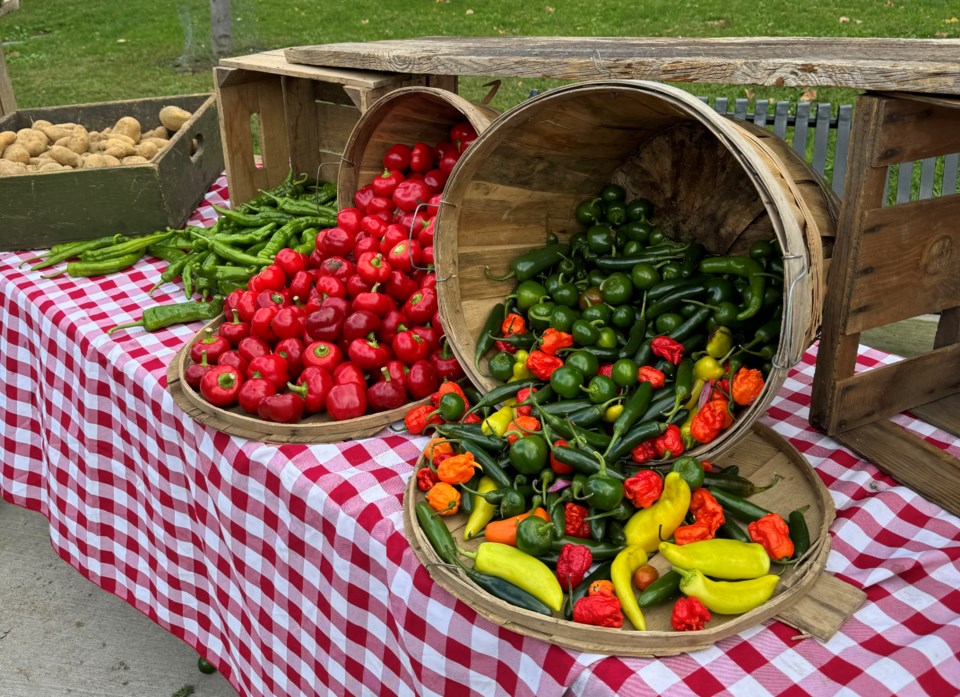By Zakiya Scott
We all know that New York City will be underwater someday, but what no one talks about is how hungry everyone will be while living on their boats.
Global temperatures are rising due to climate change and will have extreme effects on food insecurity. According to the NYC Mayor’s Office, an estimated 1.2 million New York City residents were food insecure in 2021, and what is worse is that many of them are children. Climate change will only exacerbate these numbers. Rising temperatures are shifting precipitation patterns, causing heat stress on crops, reducing photosynthesis, and shortening growing periods. Unless people take action, climate change will make many New York City residents go hungry.
Growing up in Brooklyn, I was not greeted by many farms or freshwater springs, so the thought of a drought or famine is not something that often crosses my mind. We will not personally see what is happening to livestock and crops but once the prices start to soar, we will understand. Food, gas, and MTA prices have already risen. How much more can we take?
Cows are extremely sensitive to heat stress, so global warming affects dairy production. Changes in temperature can also affect bird migration patterns, possibly influencing avian influenza transmission patterns. The United States Environmental Protection Agency informs us about the drought the Southwest has been facing since 2020 due to low precipitation and elevated temperatures. This is concerning because this is where many potatoes, corn, wheat, and cotton are grown. What will become of us if McDonald's cannot give us those perfectly crispy French fries?
Food deserts and poverty leave NYC unprepared for a drastic shift in the availability of food in the event of climate-driven production issues. This is especially alarming as we consider the population of NYC. Nearly 2.7 million New Yorkers, including children, women, Black, Hispanic, American Indian, Pacific Islanders, and people with disabilities, live in poverty, according to The New York State Comptroller. Coupled with extreme poverty rates, many of these neighborhoods lack access to grocery stores and access to healthy food options.
Thankfully, New York State has already initiated strategies to combat climate change. The Department of Environmental Conservation is working on policies to reduce greenhouse emissions by 2030 and will require new vehicles to be zero-emission vehicles between 2035 and 2045. In addition, they are creating more bike lanes and encouraging alternate forms of transportation to decrease carbon emissions. So, when you can, hop on a Citi Bike and take the scenic route to work.
To combat food insecurity, the city has begun implementing Food Forward NYC, with the goal of increasing access to healthy, affordable, and culturally appropriate food. There are also programs already in place, such as the Supplemental Nutrition Assistance Program, that provides food benefits to low-income families, and an initiative called Food Retail Expansion to Support Health was implemented to incentivize supermarkets to open in areas considered food deserts. We can see the city is doing what it can to help support its citizens.
When disaster strikes, New York City is resilient but with climate change quickly advancing, we must act now to protect ourselves and future generations. This means taking a deeper look into the habits that we can integrate into our daily lives to slow down the effects of climate change. As fun as it sounds, I do not think any of us want to live on a cruise ship forever.
Zakiya Scott is a passionate advocate for public health and nutrition, holding a Bachelor's degree in Biomedical Sciences from the University of New Hampshire and currently pursuing a Master's degree in Public Health at the University of Downstate. As a Brooklyn native, Zakiya's firsthand experiences have fueled her dedication to addressing the impact of food insecurity on her community, making her a voice for positive change in wellness and nutrition.




